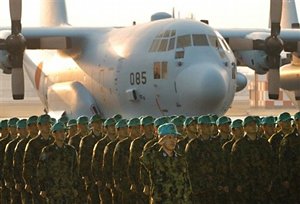(Published in Just Security, Sept. 9, 2019)
A flurry of news reports during the final week of August detailed recent Israeli air strikes against Iranian affiliated groups in Iraq, Lebanon, and Syria. The Washington Post published an Editorial questioning the wisdom of this Israeli policy, though typically, and regrettably, utterly neglected to consider issues of legality. It did repeat the media mantra that “Israel has a right to defend itself from Iranian attacks,” but then failed to examine whether any of the Israeli strikes had been responding to actual or imminent armed attacks. A New York Times analysis of the escalation similarly avoided the legal questions.
The short answer, based on publicly available evidence (discussed below), would be that the strikes were unlawful. Only one of the strikes on Syria was reportedly responding to an imminent attack, which should thus make for a very short analysis on the legality of the rest of the strikes. But a brief and somewhat disjointed exchange among some international law scholars on Twitter last week raised some questions and advanced some arguments (to the extent Twitter can sustain such a thing) that suggested a perhaps more complex and interesting analysis. I explore that line of analysis here.
Some Facts
First, a brief review of some of the facts. Israel carried out several air strikes in July and August in Syria, Iraq, and Lebanon. For simplicity I will leave the strikes in Syria aside for now, and focus on the strikes in Iraq and Lebanon, though it should be understood that Israeli representatives have argued that most of the strikes (or those that have been acknowledged by Israel) served the same broad purpose of preventing Iran from establishing a weapons supply line through Iraq and Northern Syria to Hezbollah in Lebanon.

